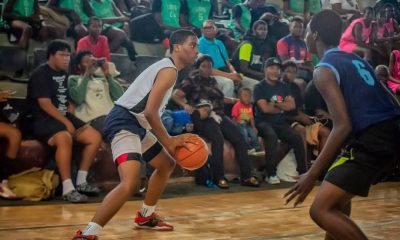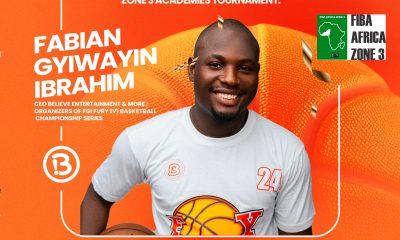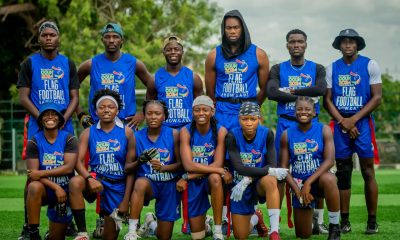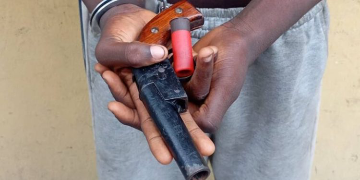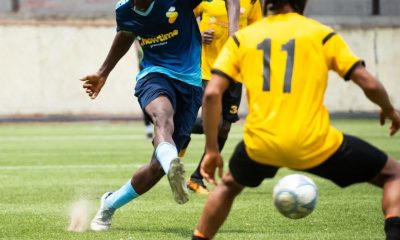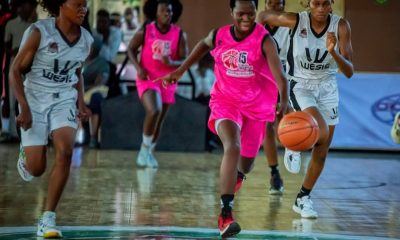AFRICA FOCUS
FIBA Africa Zone 3 President Sam Ahmedu Launches U17 Basketball Revolution in Lagos
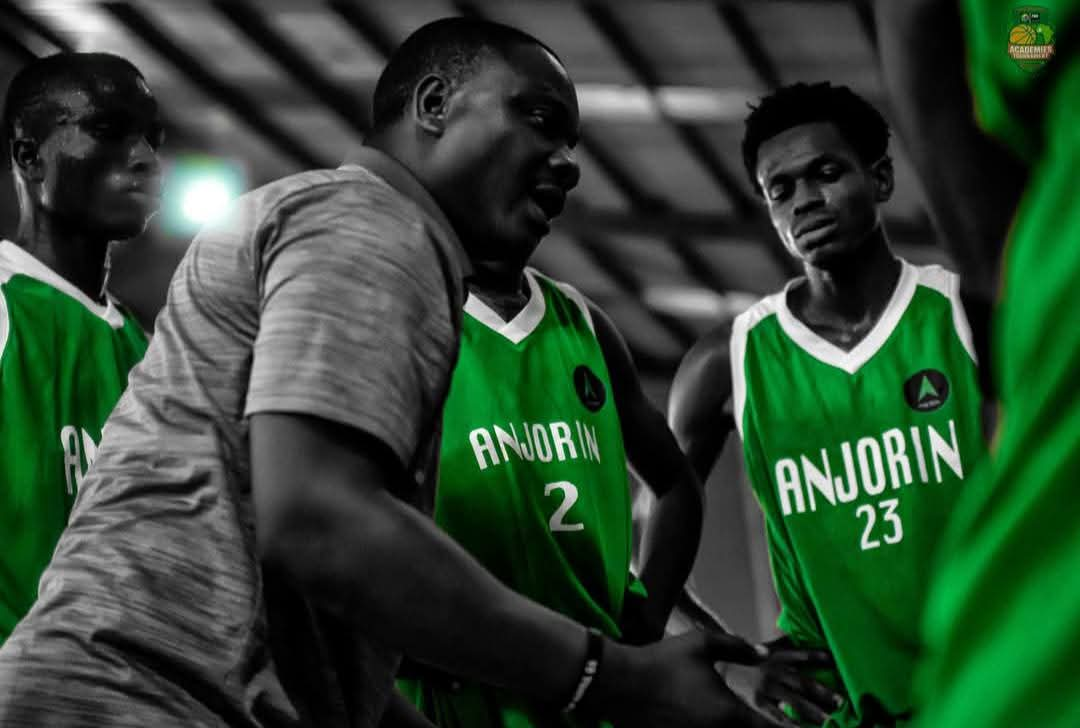
Lagos is hosting the first-ever FIBA Africa Zone 3 Academies U17 Basketball Tournament, marking a significant stride toward grassroots sports development across West Africa.
Despite limited participation from other countries, the initiative is being hailed as a vital platform for nurturing young talent and instilling accountability within the sport’s age-grade structure.
Speaking with journalists during the opening days of the tournament, Sam Ahmedu, President of FIBA Africa Zone 3, explained the broader vision: “It’s a tournament intended for youth across the zone below the age of 17. The aim is to engage the youth across the eight countries in competitions. A lot of them just train and train and don’t have anywhere to even assess their own skills and their development.”
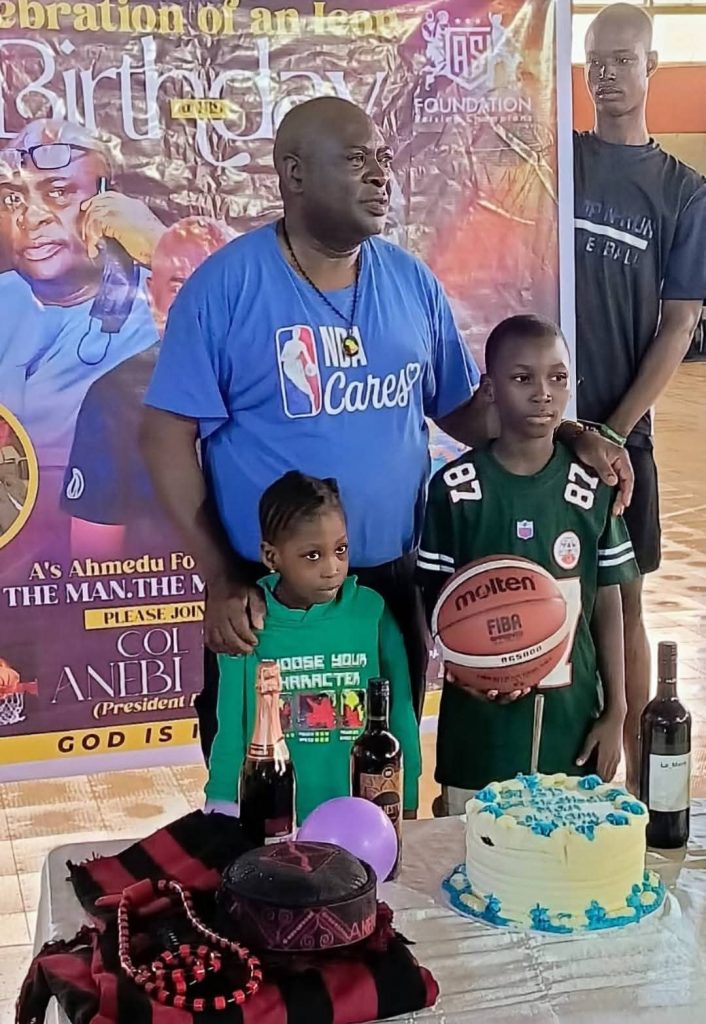
The competition, which runs from July 5 to 8 in Lagos, was originally designed to feature academy teams from all eight countries within Zone 3—Nigeria, Ghana, Benin, Togo, Côte d’Ivoire, Burkina Faso, Liberia, and Niger. However, due to unforeseen security challenges and logistical issues, only teams from Nigeria made it to the venue.
“Only two countries registered—Ghana and Togo,” Ahmedu said. “Ghana’s team, YATS, informed us they could not cross Togo due to roadblocks. Togo’s team also pulled out due to unrest.”
Out of 17 Nigerian teams initially registered, 14 showed up for the tournament, with participants drawn from cities such as Abuja, Ibadan, Minna, Makurdi, and Enugu.
Ahmedu acknowledged the persistent challenge of age-cheating in youth competitions.
“It has been very, very tough,” he admitted. “Even medical doctors may assess the same player and give two different ages.”
To enforce fair play, several verification criteria were employed, including checks on NIN registration, passport history, and physical screening.
“Some players came with their NIN, but we still screened them out because their physical appearance didn’t match their claimed age,” he said. “A bad screening method is still better than none.”
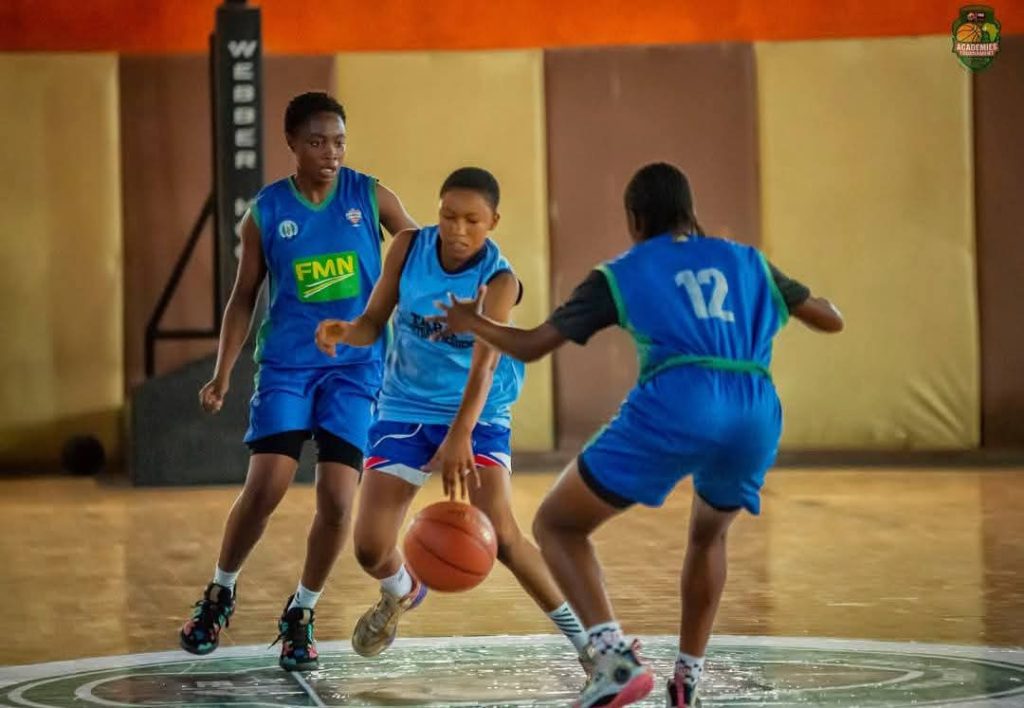
Importantly, the FIBA Zone 3 initiative is not a one-off. “This is just a starting point. Any player that has played here now has their name in the database. You cannot change your age again,” Ahmedu revealed, stressing FIBA’s directive for better monitoring of player development.
Despite the absence of backing from Nigeria’s basketball federation, NBBF, the tournament went ahead under the auspices of Warriors Basketball Academy, which stepped in to host.
“The hosting right was awarded to Nigeria at the Zone 3 board meeting,” Ahmedu explained. “The MBBF did not respond, so the Warriors offered to host it and we moved forward.”
Funding the tournament was also a collective effort. “Nigerians stood up to support this,” he said. He credited donations from former players like Louis Edem, Hanson Oguche, Mannaseh Achi and Toba Shinkaye amongst others.
Ahmedu didn’t shy away from calling out countries lagging behind in organising domestic leagues, particularly Nigeria.
“Benin has finished their women’s and men’s leagues. Togo has also finished. Liberia is doing well. But Nigeria has not even started,” he lamented.
“You can’t force a horse to drink. If you love yourself, you’ll play.”In light of Nigeria’s own deteriorating basketball calendar and the NBBF’s inaction, Ahmedu emphasised the importance of self-driven initiatives.
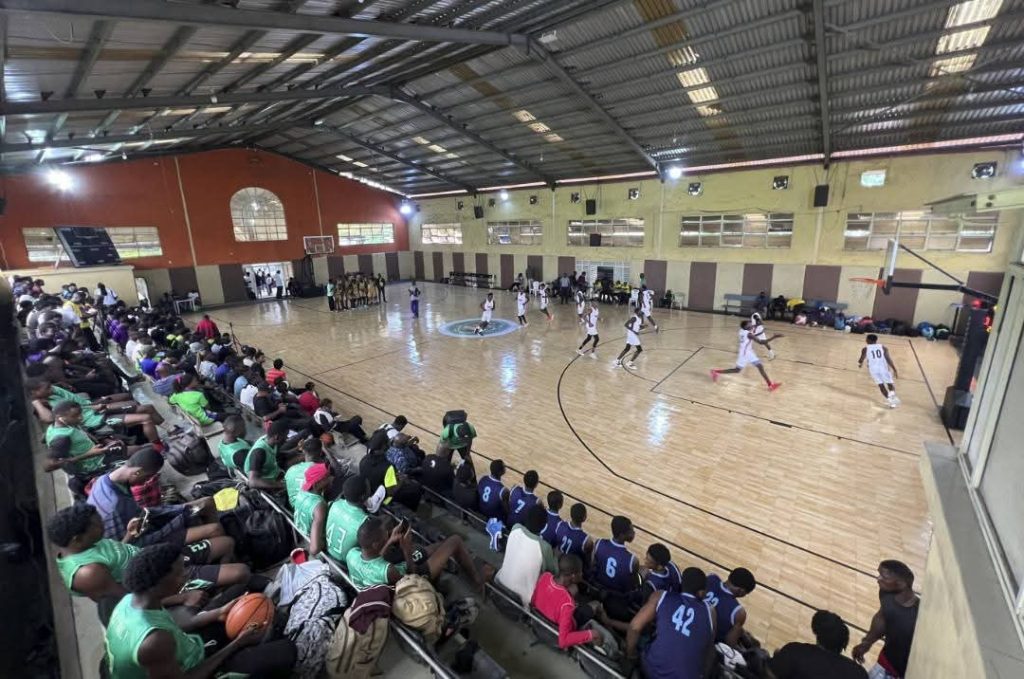
“This tournament is for the kids. If people want to play, let them play. If they don’t, they should clear out of the way.”The inaugural FIBA Africa Zone 3 Academies Tournament may have faced challenges, but it has laid a firm foundation for transparent, data-driven youth development in West African basketball. For now, it remains a grassroots revolution driven by vision, not bureaucracy.

